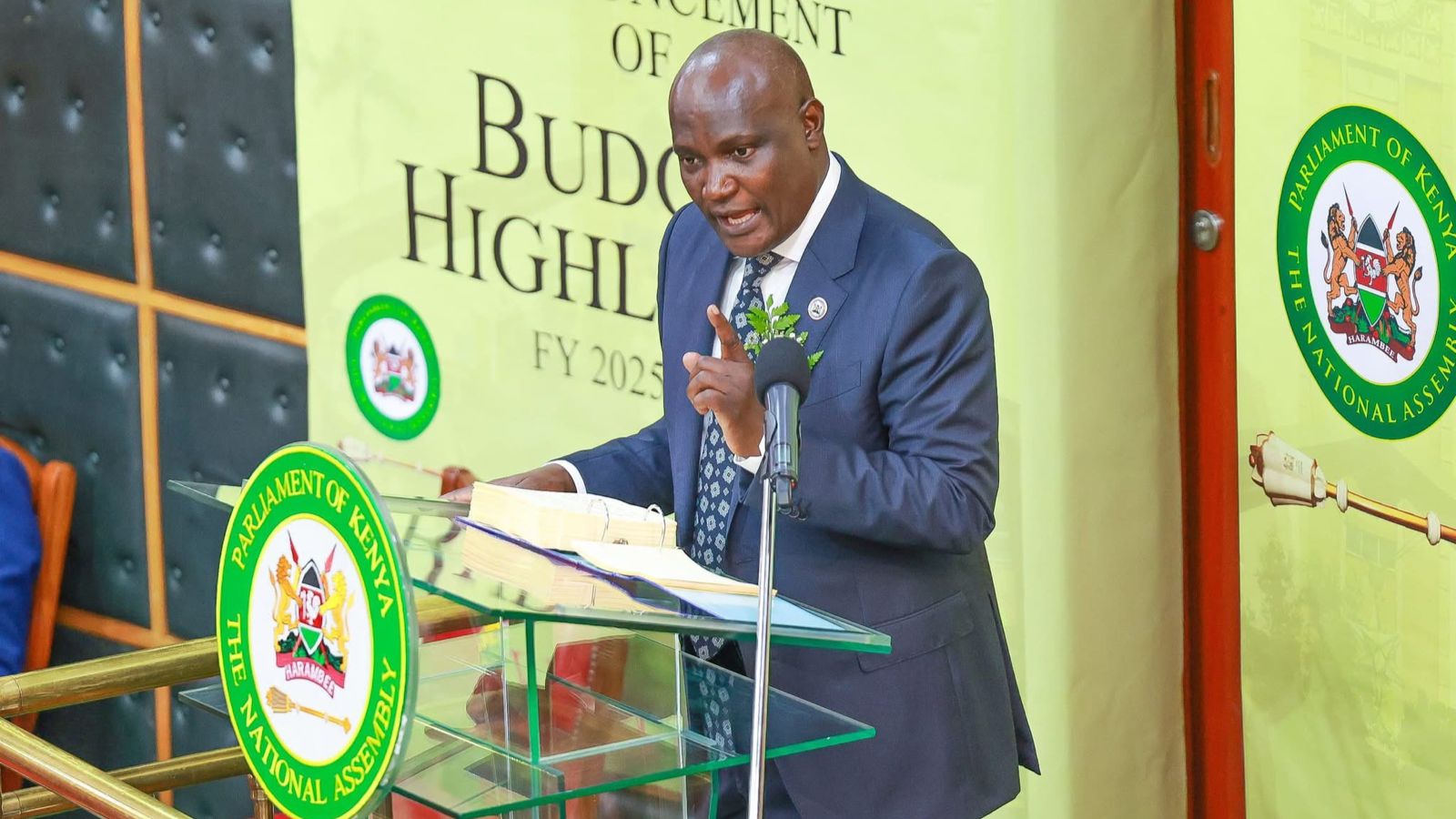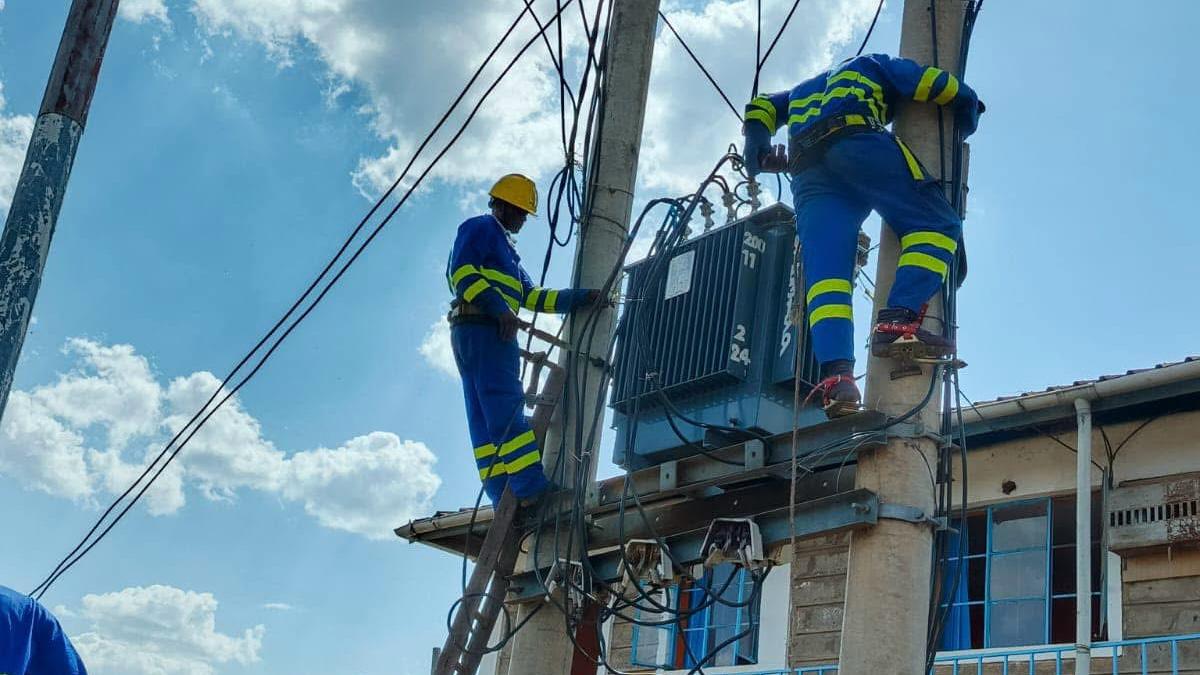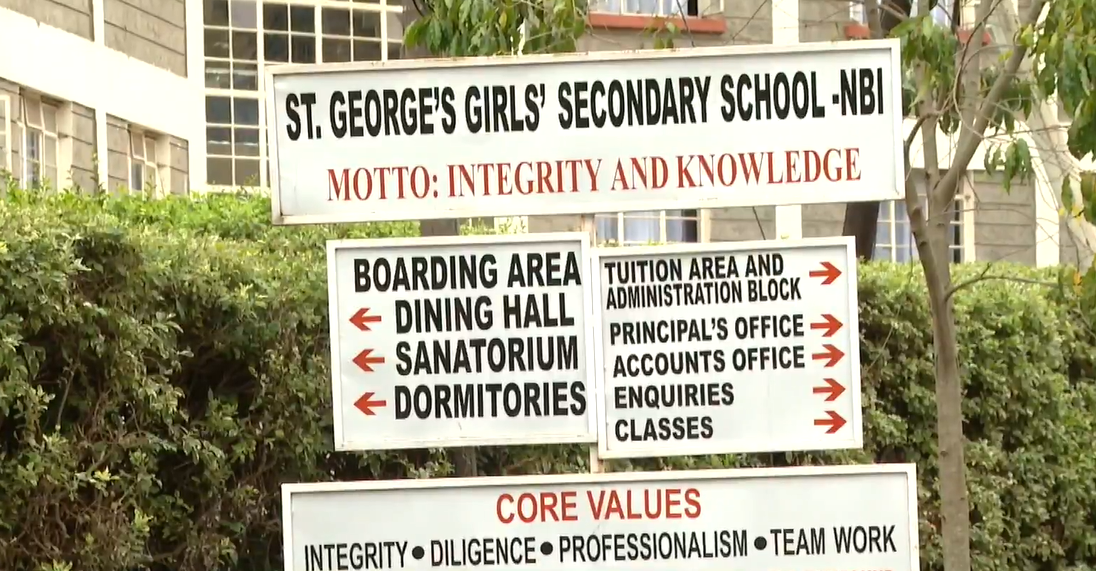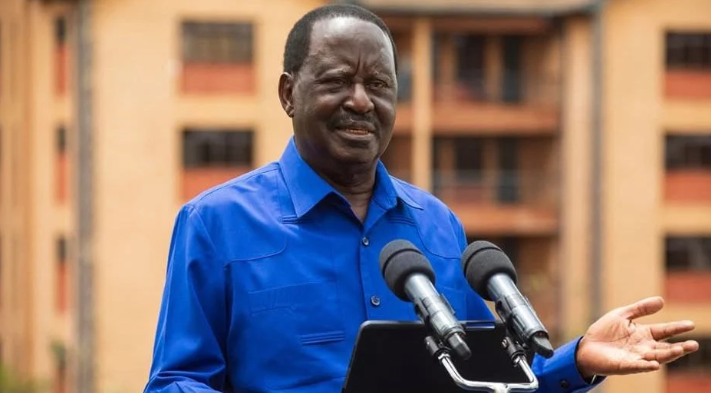National Treasury Cabinet Secretary John Mbadi has defended his position regarding the government's move to decimate the budget for free secondary education.
The Cabinet Secretary sparked uproar among a good section of the public after telling the National Assembly's departmental committee on education that the Exchequer cannot fund the free education due to budget strains.
Clarifying his position, the CS observed that since the inception of the secondary education subsidy during former president Uhuru Kenyatta's tenure, not all learners have benefitted.
Mbadi, while speaking at a school function in Suba South on Friday, July 25, revealed that the capitation money has never balanced for all the beneficiaries across the country, hence leaving pending debts for the schools.
"Since the introduction of free education in day secondary schools, the government has not been able to give or allocate every student Ksh 22,000. It has never happened. The government has always had debts for schools. And this teacher can tell you. That is why you hear principals saying they have not received the full capitation," Mbadi observed.
Read More
.jpg)
The CS further threw the National Assembly into the mud, accusing it of slashing the budget.
He said that the Exchequer would expend what the National Assembly has approved, seeming to absolve himself in the face of the backlash from Kenyans.
"I was wondering when MPs were asking me why I have not released Ksh 22,000 per student. I asked them, where do I get that money? It is they who pass the budget. In fact, the latest budget, even the capitation we have put, parliament reduced it further. So, once a budget has been allocated, where do I get money to pay the full Ksh 22,000? So, whatever is there will be paid in full," he said.
According to Mbadi, the subsidy cannot avail Ksh 22,000 per capita due to the changes in the learner populations over the years.
If the allocation were to be distributed fairly, each entitled learner would get Ksh 17,000.
He suggested that the Ksh 5,000 deficits are what the schools are owed by the government.






